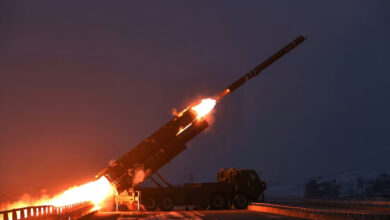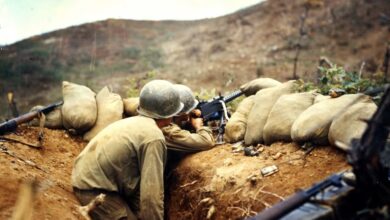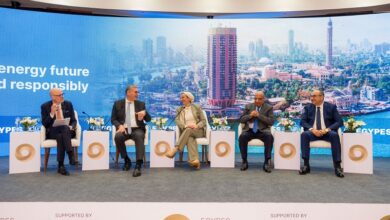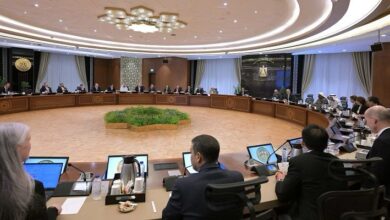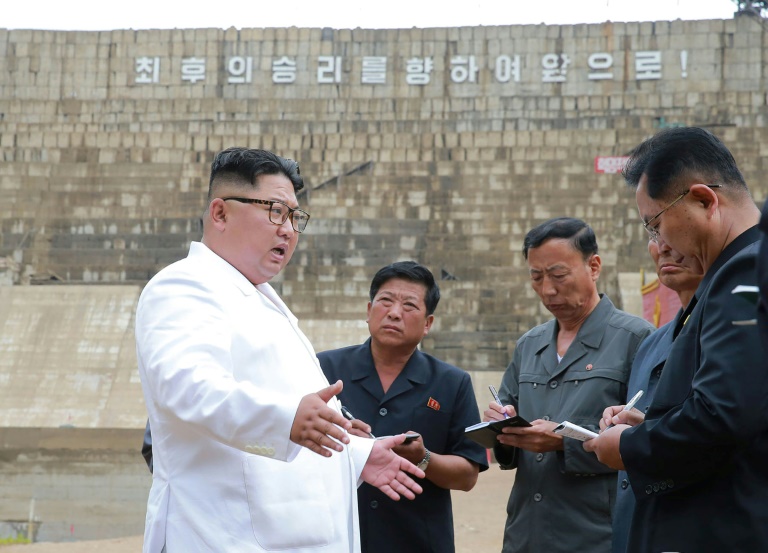
North Korean leader Kim Jong Un berated officials during inspections of a factory, power station and holiday camp, state media reported Tuesday, with analysts saying the reports show nuclear-armed Pyongyang’s desire to focus on economic development.
“Field guidance” visits by the leader are the mainstay of the North’s state media output, with Kim regularly shown giving “on-the-spot guidance” to attentive officials, their notebooks in hand.
After his latest tour to North Hamgyong province, the Rodong Sinmun newspaper doubled its pagination to 12 and devoted nine of them to the trip.
At the Orangchon power station, which is only 70 percent complete following delays, Kim said he was “so appalled as to be left speechless”, according to the North’s official news agency KCNA.
“He reprimanded the leading officials of the Cabinet for leaving the project to the province only and not paying attention to it,” it said, and he ordered it completed by October next year.
Kim also exploded over the dirty hot spring bathtubs at the Onpho holiday camp — which boasts of having been visited by his father and grandfather Kim Jong Il and Kim Il Sung — calling them “worse than fish tanks”.
Criticism of officials is not unknown on field guidance trips, but the terms and scale of Tuesday’s denunciations were unusual.
The party committee of North Hamgyong, in the northeast, was singled out for particular vitriol, with KCNA saying it did not “sincerely accept” official policy on building a new bag factory in each province.
Instead it offered “shabby rooms” in an existing facility for bag production, “and thus caused great anxiety to Kim Jong Un”.
“The Supreme Leader pointed out that the Provincial Party Committee is working in a perfunctory manner,” it reported, adding witheringly: “The committee has no revolutionary spirit.”
Professor Yang Moo-jin of the University of North Korean Studies said Kim was sending a domestic and external signal that the North was focusing on the economy after his Singapore summit with President Donald Trump.
At the time Kim agreed to work towards denuclearisation of the Korean peninsula, but the term is a diplomatic euphemism open to interpretation.
“To the people, he is projecting an image as a leader who is caring for their livelihood,” Yang told AFP, “and to the outside world, he is sending a signal that he is serious in his promise to denuclearize.”

